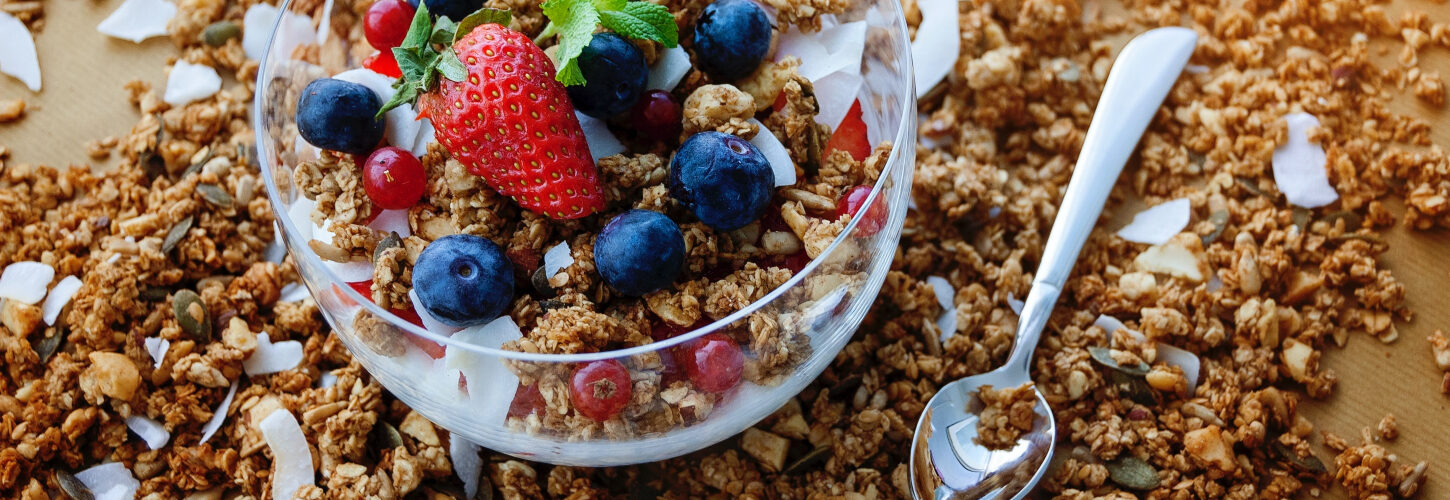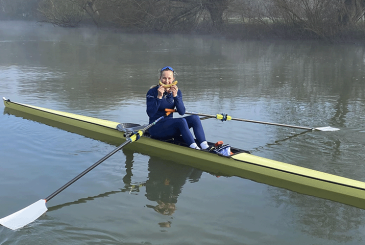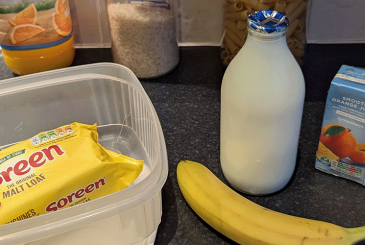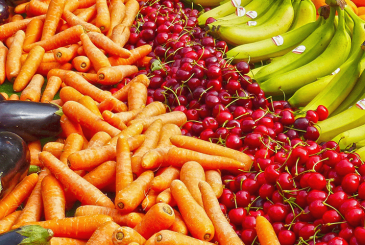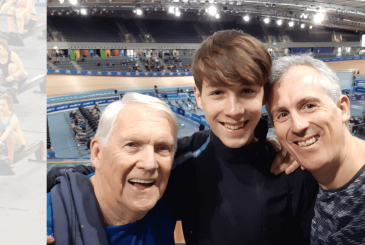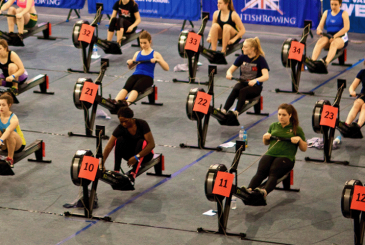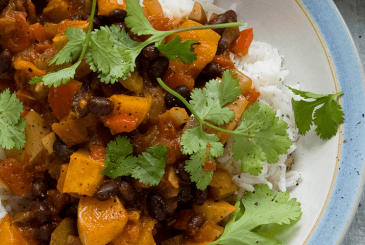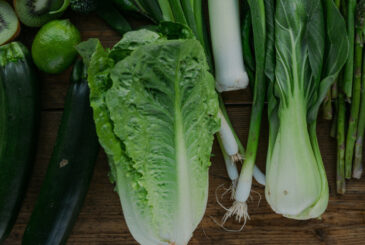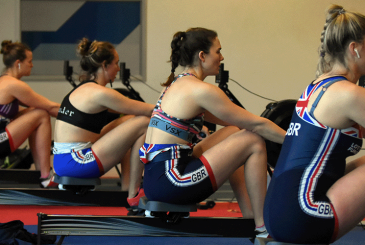What to eat before an early morning training session? Hatty Bates, Performance Nutritionist for British Rowing, shares ideas for breakfasts to boost your energy levels
Whether it be on the water, the rowing machine, or in the gym, it is not unusual for rowers to start training early in the morning – but how do you fuel those 7:30am sessions? We’ll discuss when the fuelling process should start, what to eat prior to an early training session as well as providing some tips about how to be prepared for those dreaded early alarms.
Why should I eat before an early training session?
Turning up to training well-fuelled is essential for a successful training session; it will have a positive impact on your ability to train at the correct intensity for the duration of the session as well as helping you to concentrate. In addition, fuelling well for training sessions and having optimal energy availability will help support the immune system and decrease the likelihood of injury.
First breakfast: what should I eat before an early session?
Glycogen stores, which are found in the muscle and liver, can be considered as the battery stores in your body. During an overnight fast, glycogen stores start to deplete. Therefore, it is important to recharge these batteries in the morning by consuming carbohydrates.
When considering early morning training sessions, we often refer to the idea of a ‘first’ and ‘second’ breakfast. The first breakfast should help fuel your early training session and therefore should be rich in carbohydrates. Aim to consume 1-2g of carbohydrates per kilogram of your body mass. For example, a 65kg individual would need to consume between 65-130g of carbohydrates.
“Transportable breakfasts such as overnight oats, smoothies and granola pots take only a few minutes to prep”
Breakfast examples – containing 65g carbohydrates
| Meal | Portion size |
| Porridge with a small banana | 70g oats, 200ml semi-skimmed milk, 1 small banana |
| Muesli with Greek yoghurt, berries and banana | 70g muesli, 125g Greek yoghurt, ½ banana, 2 large handfuls of frozen berries |
| Berry smoothie | 400ml milk, 40g oats, 150g frozen berries, 2 tsp honey |
| Peanut butter on toast and orange juice | 2 slices of wholemeal toast, 2 tsp peanut butter, glass of orange juice |
What to do if you don’t feel hungry in the morning
Some rowers may struggle to eat first thing in the morning due to a lack of appetite. In this case, it is important to remember that the fuelling process starts with what you eat the night before. Dinner should be high in lower glycaemic index (GI) carbohydrates as these will provide energy over a longer period of time.
Food such as sweet potato, pasta (cooked al dente) and basmati rice are all great examples of lower GI complex carbohydrates and should make up at least 50% of your plate. This meal should also include a fist-size portion of protein, and a good serving of vegetables to aid recovery and support the immune system.
In addition, some rowers may wish to have an additional snack prior to bed. Having a high-protein snack prior to bed will help support muscle adaptations and recovery. Including some carbohydrate within this snack will top-up glycogen stores further. Examples of pre-bed snacks include Greek yoghurt with granola, a bowl of cereal, or cottage cheese on wholemeal toast.
What to do if you don’t have time to eat in the morning
Some rowers may train without breakfast for no other reason than not wanting to wake up any earlier.
If you constantly find yourself rushing out the door on an empty stomach to training, then a little bit of meal-prep the night before could help. Transportable breakfasts such as overnight oats, smoothies and granola pots take only a few minutes to prep.
Taking these out the fridge and consuming on the way to training will help you feel more energised – not only from fuelling well – but also from getting those extra couple minutes of sleep. In addition, pack your training bag with non-perishable snacks such as cereal bars, rice cakes and flapjacks so that you always have food available.
The second breakfast: what should I eat after a training session?
After any training session it is important to start the recovery process as soon as possible; this is when having a ‘second’ breakfast becomes important. This meal should be high in protein – between 20-40g – and carbohydrates and consumed within an hour of finishing training. This will be particularly important if you have another training session later in the day. Examples include eggs on toast, smoked salmon and cream cheese bagels, porridge, and milk-based smoothies.
Summary
It is always best to try and eat something, even if it is only small, prior to an early morning training session. In general, aim for a light meal or snack containing carbohydrates such as peanut butter/jam on toast, a bowl of cereal or a banana. Making a portable breakfast in advance and having plenty of snacks in your training bag are two ways in which you can make fuelling for an early training session easier.


